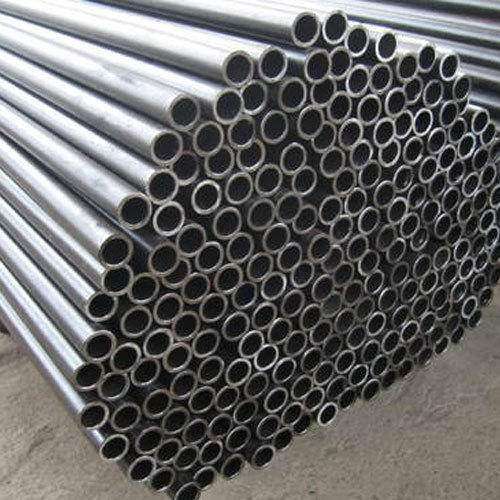
The boiler tubing industry has been ever-growing and developing at an increasing rate. Innovations in technology, research and development, and market factors have significantly contributed to the transformation of this industry. As we move into the future, there are several trends and predictions from industry experts that are shaping the industry. In this blog post, we delve into the current and future trends that the boiler tubing industry will face and their impact on manufacturers, suppliers, and end-users.

Material Innovation and Manufacturing:
As the boiler tubing industry evolves, manufacturers use advanced materials like carbon steel, alloy steel, duplex stainless steel, and other high-grade materials that offer strength and durability in extreme temperatures. Manufacturing tubes has also evolved from traditional welding methods to advanced technologies like extrusion, where high-quality tubes can be produced with precision and reduced lead time. This means that the trend in the industry is towards higher efficiency, longer-lasting tubes that can withstand harsh environments and, ultimately, lower maintenance costs.
Future of Boiler Tubing in Power Plants:
The importance of the boiler tubing industry is highly recognized in power plants, where boilers are designed to meet their unique operating conditions. In the future, it is predicted that boilers will continue to be designed to ensure that they operate at their maximum efficiency levels, which will require the use of various materials. In addition, there is a growing need for more flexible boilers to support varying conditions than those they are built for. This will be a challenge for the manufacturers and suppliers as they will have to come up with a solution to provide a product that meets these demands but can also be produced cost-effectively.
Energy Efficiency Standards:
The boiler tubing industry continues to experience more regulations and standards regarding energy efficiency, which has increased the demand for high-performance boilers. It is expected that future regulations will become more stringent and complex, putting pressure on manufacturers to create more energy-efficient, cost-effective designs. Also, as discussed earlier, advanced materials and manufacturing methods will play a significant role in meeting these requirements. Companies that can innovate and adapt to these standards have the most substantial prospects for growth.
The Future of Boiler Tube Suppliers and Distribution:
The distribution and supply chain process continues to be a critical factor in the industry. Most boiler tube suppliers have an intricate distribution network, and the future will see further technological advancements that can streamline the supply chain process. As e-commerce grows, suppliers may have to implement technology to automate transactions and improve customer service. Additionally, logistics solutions will continue to play a crucial role in the market, connected to the supply chain, to ensure the product is available to the end-user on time.
Conclusion:
In conclusion, the boiler tubing industry is continuously evolving and advancing, which looks set to continue. boiler tubes suppliers, Manufacturers, and end-users must keep up with current trends and predictions that will impact the industry. These range from material innovation and manufacturing technologies to regulations and standards that will push the industry forward. In this world of constant change and innovation, companies that can keep up with such trends and stay ahead of the curve will be the ones to succeed in the future of boiler tubing.


